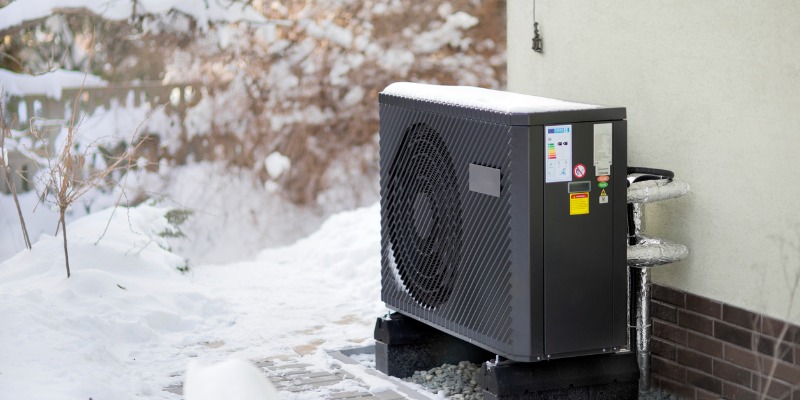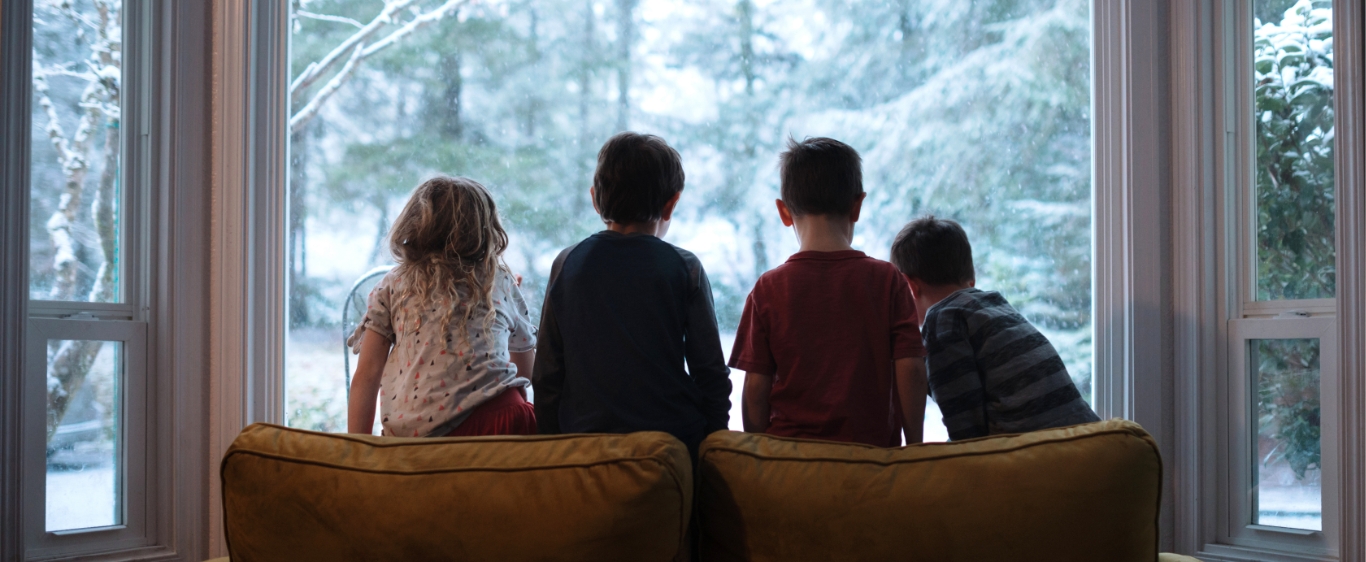
As the winter season sets in, you may wonder about your heat pump’s effectiveness or whether purchasing one is worth it at all. Heat pumps can be an efficient and cost-effective way to heat and cool your home in any weather, but many homeowners falsely believe they are not suitable for freezing temperatures.
In this article, we will answer ten frequently asked questions about heat pumps in the winter and debunk common myths so you can make the most out of this highly efficient heating system.
Do Heat Pumps Work in Cold Weather?
Yes, heat pumps can work in cold weather. Modern heat pumps are designed to operate efficiently in temperatures as low as -15°C, and some models can work in even colder temperatures. In some regions, homeowners may have the option of installing a geothermal heat pump, which uses thermal energy from underground instead of the air, which is more efficient in colder temperatures.
How Does a Heat Pump Work?
A heat pump works by transferring heat from one area to another. In the winter, it extracts heat from the outdoor air and transfers it inside your home. In the summer, it works in reverse, extracting heat from inside your home and transferring it outside. Heat pumps move thermal energy in and out by using a refrigerant chemical in a coil system, which absorbs and releases heat as it evaporates and condenses.
How Does a Heat Pump Work in the Winter?
In the winter, a heat pump uses a reversing valve to switch the flow of refrigerant, allowing it to extract heat from the outside air and transfer it inside. This process is less efficient at lower temperatures, but modern heat pumps are designed to operate effectively in cold weather.
Should Heat Pumps Be Run Constantly in the Winter?
No, heat pumps do not need to run constantly in the winter. Most heat pumps are designed to cycle on and off as needed to maintain a comfortable temperature in your home. That said, if it is very cold outside, it may need to run continuously at times to maintain warmth in your home.
Do Heat Pumps Freeze Up in Winter?
Heat pumps can freeze up in cold weather, especially if they are not properly maintained. However, most modern heat pumps have built-in defrost cycles to prevent this from happening.
Want to learn more about heat pumps and how they can benefit your home comfort? Contact the team at Guelph ClimateCare and we would be happy to help!
How Do I Defrost My Heat Pump?
If you notice ice buildup on your heat pump in the winter, it’s best to make sure it is functioning properly. Modern heat pumps should have a built-in defrost cycle that automatically activates to thaw the ice. If not, you can manually defrost your heat pump by turning it off (at the breaker) and using a hose or warm water to melt the ice.
If you have a built-in defrost system that is not working, be sure to call your local HVAC technician to assess and fix the problem.
What is the Optimal Temperature Range for a Heat Pump in the Winter?
Air-source heat pumps have a minimum operating temperature below which they can no longer operate efficiently or at all. This optimal temperature range is typically around -5°C to -15°C, with some new models operating at as low as -25°C.
When temperatures drop below this range, it is best to use a backup or supplemental heating system to keep your home warm.
How Do I Maintain My Heat Pump During the Winter?
To maintain your heat pump during the winter, you should keep it clear of snow and ice, change the air filter regularly, and schedule annual maintenance with a qualified HVAC technician. In addition, it’s a good idea to set it at a standard room temperature and avoid cranking the thermostat when it gets colder.
Are Heat Pumps Energy Efficient in Winter?
Yes, heat pumps can be especially energy efficient in winter. They are often more efficient than traditional heating systems because they transfer heat from existing sources rather than generating it. However, in extreme cold, air-source heat pumps may become less efficient or inoperable, in which case a back-up or secondary heating system must be used.
For most of southern Ontario, heat pumps work perfectly well throughout the winter.
What Are the Best Heating Systems for Cold Weather?
The best heating system for cold weather depends on your specific needs and preferences. Heat pumps can be cost-effective and efficient, but other options like furnaces and boilers may be better suited for extremely cold climates.
If you need help with your heat pump or any other HVAC needs this winter, contact the experts at Guelph ClimateCare. Our team of experienced technicians can help you stay warm and comfortable all winter long.








